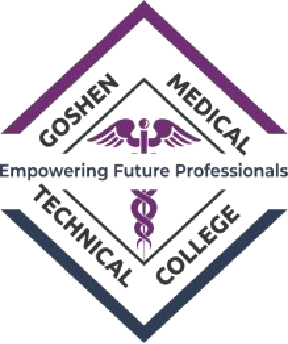This program provides learners with an in-depth understanding of biological sciences while emphasizing research, laboratory techniques, and the application of information technology in biological studies. The curriculum covers cell biology, microbiology, genetics, molecular biology, ecology, botany, zoology, and environmental science. Students engage in hands-on laboratory experimentation, scientific investigations, and fieldwork, building a strong foundation in both theoretical and applied biology. The IT component equips learners with skills in digital data analysis, bioinformatics tools, scientific modeling, and laboratory information systems. By blending biology with technology, graduates are prepared for dynamic roles in science, healthcare, and industry.
Benefits of the Course:
Potential Employers:
Graduates are employable in:
Self-Employment & Flexibility:
Graduates can establish laboratory consultancy services, biotechnology startups, environmental monitoring services, or health-related businesses. With IT skills, they can also engage in freelance biological data analysis, bioinformatics services, or scientific content development. The broad nature of biology makes graduates flexible enough to work in education, environmental management, or health promotion.
Preparation for Further Studies:
This diploma provides a pathway to degree-level studies in Applied Biology, Biotechnology, Environmental Science, Biomedical Science, or Bioinformatics. Learners may also pursue specialized certifications in genetics, laboratory science, molecular biology, or ecological studies for career advancement.
